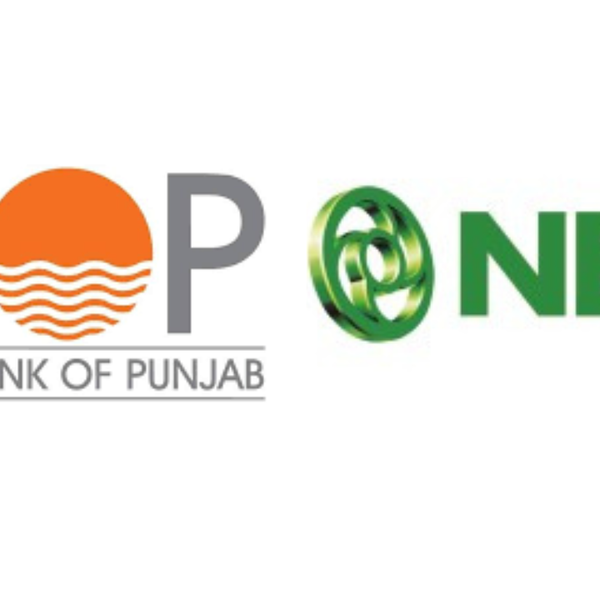Pakistan to make govt employees' assets public to meet IMF condition
Federal cabinet approves law requiring govt employees to declare assets publicly, fulfilling an IMF condition amid bailout talks

Javed Hussain
Correspondent
I have almost 20 years of experience in print, radio, and TV media. I started my career with "Daily Jang" after which I got the opportunity to work in FM 103, Radio Pakistan, News One, Ab Tak News, Dawn News TV, Dunya News, 92 News and regional channels Rohi TV, Apna Channel and Sach TV where I worked and gained experience in different areas of all three mediums. My journey from reporting to news anchor in these organisations was excellent. Now, I am working as a correspondent with Nukta in Islamabad, where I get the opportunity of in-depth journalism and storytelling while I am now covering parliamentary affairs, politics, and technology.

Pakistan govt has approved new legislation requiring all government employees from grades 17 to 22 to declare their assets publicly.
Shutterstock
Pakistan’s coalition government, led by the Pakistan Muslim League-Nawaz (PML-N), has approved new legislation requiring all government employees from grades 17 to 22 to declare their assets publicly, fulfilling a key condition set by the International Monetary Fund (IMF).
The federal cabinet has cleared a draft amendment to the Pakistan Civil Servants Act, which will be sent to parliament for approval. Under the proposed Section 15-A of the Civil Servants Act 1973, officials must disclose their own and their families’ domestic and foreign assets. The declarations will be submitted online to the Federal Board of Revenue (FBR).
According to official documents, the public will have access to these asset records. However, data IDs, addresses, and bond numbers linked to the FBR will remain confidential. Once a digital filing system is introduced, civil servants will also be required to disclose foreign properties, investments, bank accounts, and business holdings. The government has assured that privacy and security will be maintained.
The amendment includes recommendations from the FBR, Ministry of Finance, and Ministry of Law. Sources say the IMF recently rejected Pakistan’s request to ease the asset declaration requirement. In response, the government is now pushing the bill through parliament on an urgent basis. Once passed, the law will be formally presented to the IMF.
An IMF delegation is currently in Pakistan for a scoping mission from February 6-14 as part of a Governance and Corruption Diagnostic Assessment (GCD). The assessment aims to identify governance and corruption risks and propose reforms to enhance transparency and accountability.
During the visit, IMF officials will meet with key stakeholders, including the Finance Division, FBR, State Bank of Pakistan, Securities and Exchange Commission, Auditor General’s office, and the Ministry of Law and Justice. They will also engage with business leaders, civil society, and international partners.
The GCD aims to identify governance vulnerabilities and recommend measures to enhance transparency, accountability, and integrity in Pakistan’s public sector.






Comments
See what people are discussing